Stay Cool and Save Energy This Summer
New England’s summers are dominated by hot and humid weather, presenting homeowners with the challenge of keeping their homes cool while not skyrocketing their energy bills. Fortunately, there are simple steps you can take to save energy on cooling costs without sacrificing your home’s comfort. Some of these tips are things you can do every day to control energy costs, and others can be achieved with the help of an Boston’s cooling services expert. Don’t Delay Your Comfort, Contact Vasi Today !!!
The best time to have your unit serviced is before hot weather hits. A regular maintenance program with an experienced HVAC company will detect and resolve issues before they escalate into costly breakdowns.
In addition to professional maintenance, you can help your AC work more efficiently with DIY tasks. Change the filters regularly — at least once every two months. You should also keep the outdoor unit clear of debris, which can obstruct fan blades and break the unit.
Be Smart About Your Thermostat
The standard recommendation for AC settings in the summer is 78°, with every degree setting lower than that costing you around a 3-4% energy increase. Energy Star says, for optimal cooling and energy efficiency, the coolest you should keep your house is 78° F and that’s only when you’re at home and awake. A programmable thermostat makes it easy to match your cooling needs to your schedule but you can make the adjustments manually if you don’t have one. Try the following setpoints:
• 78° F when you’re home.
• 85° F when you’re at work or away.
• 82° F when you’re sleeping.
More heat tolerant folks can experiment with the temperature, raising it one degree at a time to see how it affects your comfort and your budget. You’ll save 3 percent on your air conditioning costs for every degree you raise the temperature. If you aren’t comfortable at 78° F, lower the temperature a degree at a time. A ceiling or box fan causes a wind chill effect that enhances cooling, helping you feel comfortable at a higher temperature as long as the humidity isn’t too high.
Your air conditioning unit is fighting a losing battle if warm air can leak into your home. Identify any cracks or openings in the walls, door frames, and window frames, and seal them with caulk or weatherstripping. Keeping the blinds closed during the day also helps keep unwanted heat out, which helps your AC not have to work as hard to keep the house cool.
Save Energy by Using Appliances Wisely
A hot summer day isn’t the best time to use the oven, which pushes more heat into your home. If you can, saving tasks like laundry and running the dishwasher for night time when the outside air temperature goes down. Air-drying your dishes and running the washing machine on the cold setting will also help keep energy costs down. You should also unplug electronics and appliances when they’re not in use. Otherwise, they silently consume energy while generating unwanted heat.
While energy costs typically rise in summer, there’s many things you can do to get the most out of your HVAC unit without paying a high price. Anytime HVAC offers expert cooling services to the Boston area, including annual maintenance, new system installs, and repairs. Contact us or call (833) 219-8010 today to schedule maintenance or learn more about energy-saving options like smart thermostats.
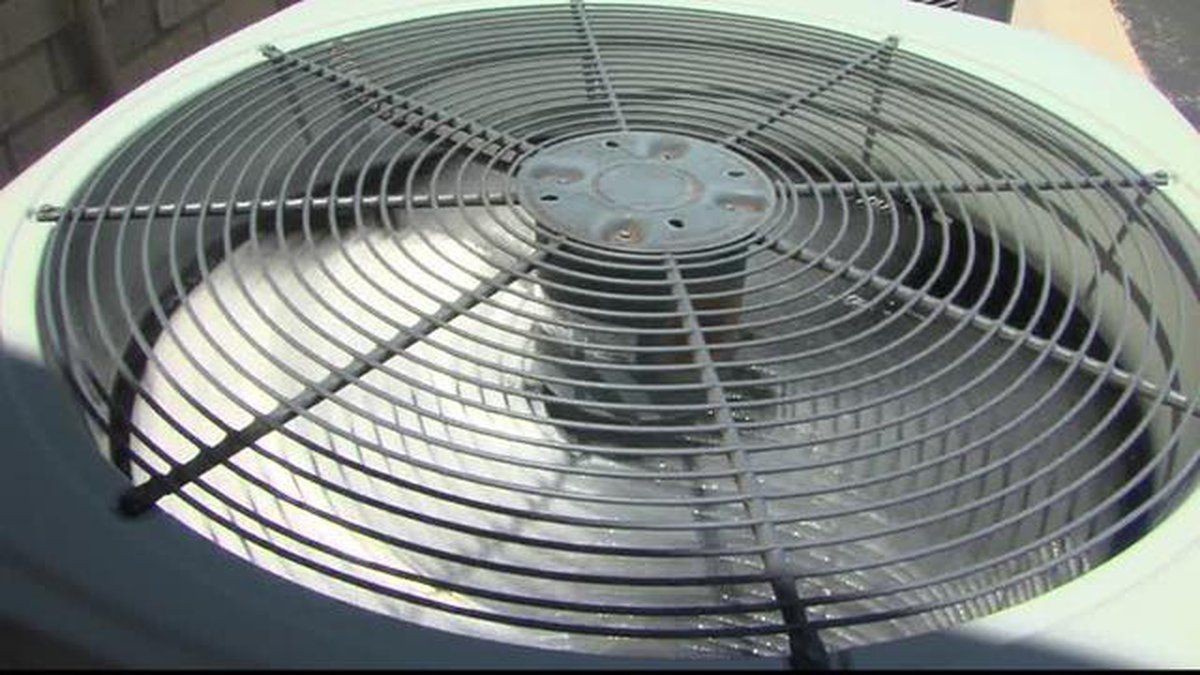

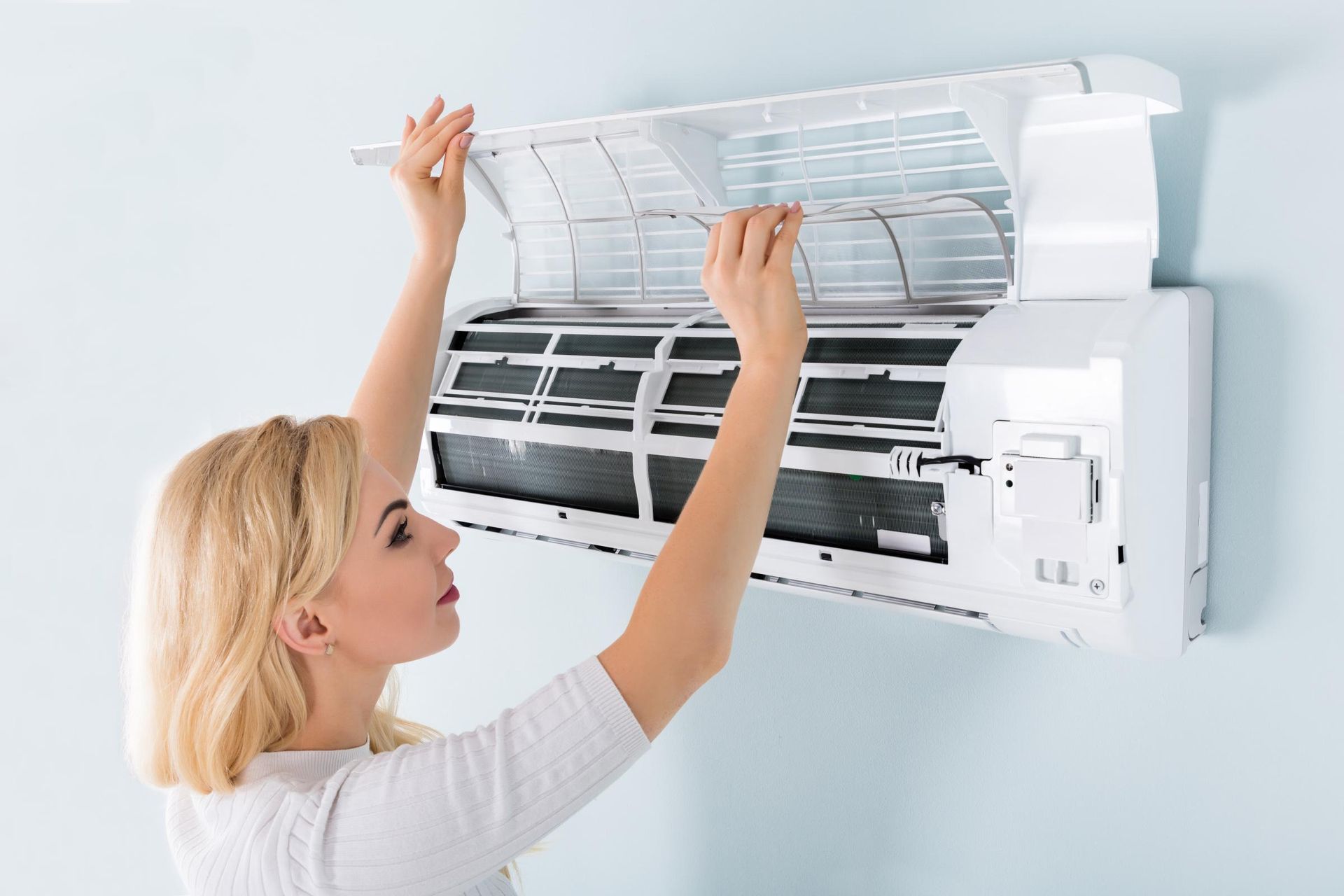
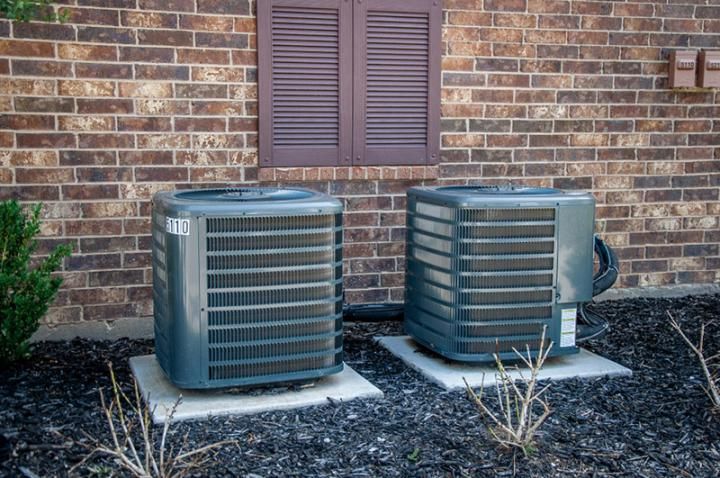

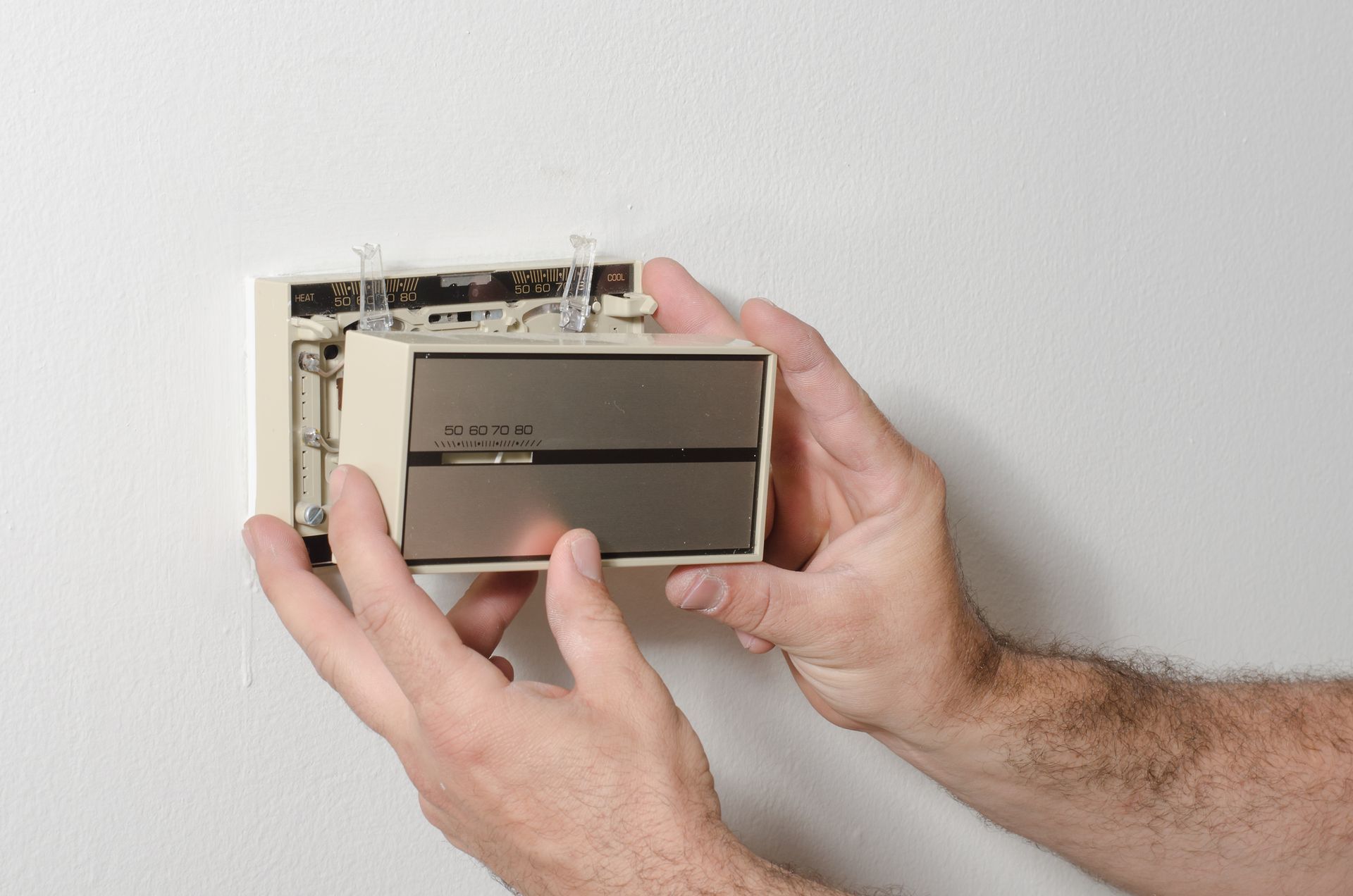

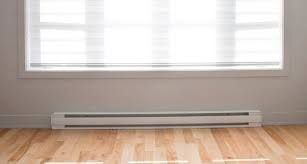
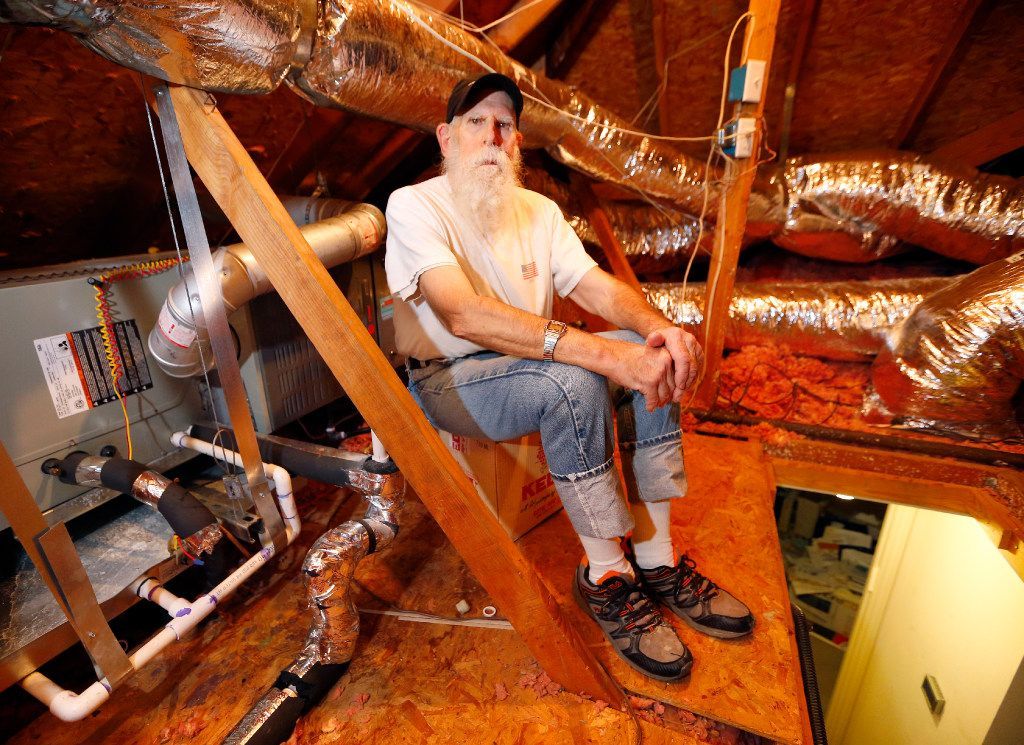

At 24/7 Local HVAC, we specialize in facilitating connections with top-tier HVAC professionals. Our focus is on bridging the gap between you and reputable HVAC companies operating within your local vicinity. It's important to emphasize that each of these HVAC entities functions independently and autonomously.
We firmly place the onus on every individual user to meticulously verify that any selected HVAC company aligns with the mandated licensing and insurance prerequisites stipulated by the governing authorities in their respective jurisdiction.
Furthermore, it's worth noting that our services may regrettably not cover all geographical areas. In instances where our services are available, the scope of offerings could potentially differ based on the composition of service providers present within that particular region.

